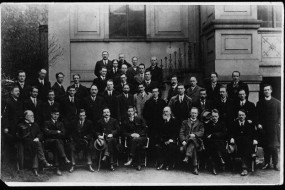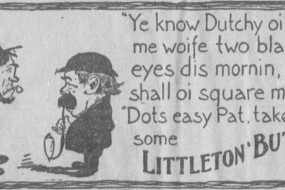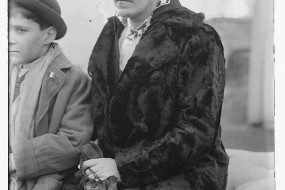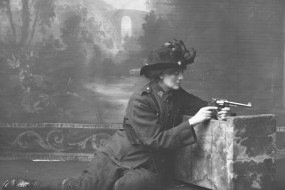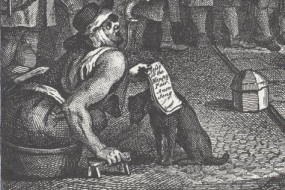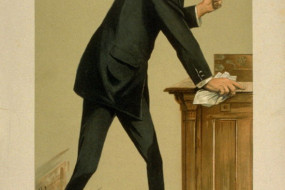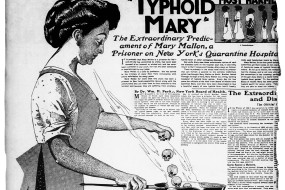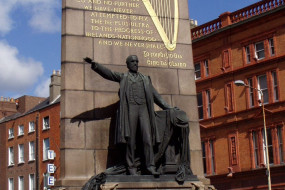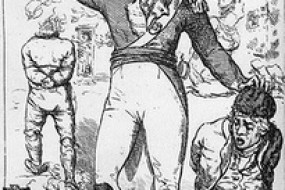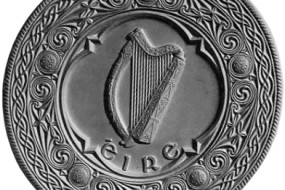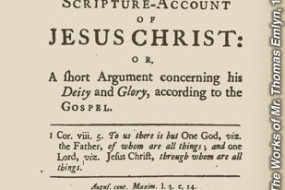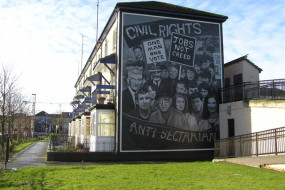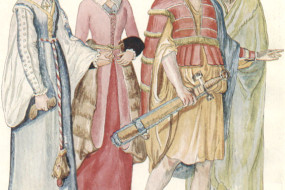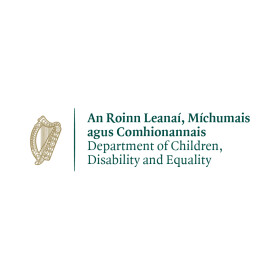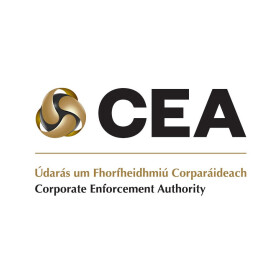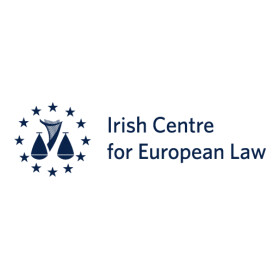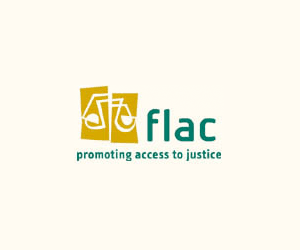After the Easter Rising, many of the volunteers focused on political activity rather than another rebellion. At Sinn Féin’s Ard Fheis on 25 and 26 October 1917, Arthur Griffith pledged: “we are remaking this organisation of Sinn Féin for the real purpose and object to
Our Legal Heritage
The commencement of the Domestic Violence Act 2018 brings significant changes to Ireland’s law on domestic violence, including the introduction of offences under the heading of coercive control, the court’s express consideration of the victim’s psychological and emotional welfare,
In November 1908, Hanna Sheehy Skeffington and Margaret Cousins, along with their husbands Francis and James, founded the Irish Women’s Franchise League (IWFL). The primary aim of the IWFL was for women to be afforded the right to vote on the same terms as men, and a particular aim was to guar
The general election of December 1918 was the first time that women were able to exercise their right to vote in Britain and Ireland. Although the Representation of the People Act 1918 did not provide for equal voting rights – it was only female property owners over the age of 30 who were all
Navigating the streets of Dublin in a wooden bowl fortified with iron, "Billy in the bowl", as he was so nicknamed, was born without legs and said to have been blessed with a handsome face. Using this to his advantage, Billy was "one of those curious beggars who frequented fairs and public places, w
Sir Edward Carson’s controversial role in Irish history and status as a unionist icon has obscured his reputation as one of Ireland’s great legal figures. Born in Dublin in 1854 and graduating from Trinity College with both a BA and an MA, he was called to the Irish Bar at King’s I
Last week marked 80 years since the death of Mary Mallon, who, after over 26 years of imprisonment, died in an isolation hospital on North Brother Island in New York. Mary’s incarceration was not the consequence of being convicted of any crime, but was instead the reaction to her being identi
The secret ballot was introduced in Britain and Ireland in July 1972 by the Ballot Act of 1872, with the aim of mitigating the effects of bribery, intimidation, and coercion in elections. Section 2 of the Act outlined the new procedure for voting, which provided for voters to "secretly" mark their v
During the United Irishman Rebellion of 1798, one of the forms of torture used by the British on suspected Irish rebels – or Croppies – was pitchcapping. Victims were subjected to "caps" full of boiling tar, or "pitch", and gunpowder, forced on their heads and set alight. If the victims
With the sudden passing of Erskine Childers in November 1974, Cearbhall Ó'Dálaigh was nominated as the sole presidential candidate by the three main political parties of the time, becoming the fifth President of Ireland in December 1974. During Ó'Dálaigh's presidency, Lia
Under Article 40.6.1(i) of the Constitution of Ireland, the ‘publication or utterance of blasphemous, seditious, or indecent matter is an offence which shall be punishable in accordance with law’. Pursuant to this mandate, Section 31(1) of the Defamation Act 2009 states that ‘a per
The Northern Ireland Civil Rights Association (NICRA) was established in 1967, and one of its main goals was to achieve 'one man, one vote' in Northern Ireland. The plural voting system, which gave business owners and university degree holders an extra vote, had been abolished in the rest of the UK
On 4 April 1603, the Treaty of Mellifont officially finalised the Tudor conquest of Ireland, however by 1606 it became clear to the British Crown that Brehon law, or ‘the common law of the Irishry’, was still being administered in Ireland. In particular, reliance on the customs of &lsquo
In Murphy v Attorney General [1982] IR 241, a married couple challenged the constitutionality of ss. 192-198 of the Income Tax Act 1967 which deemed the income of a married woman, living with her husband, be her husband’s income for tax purposes and not her own. The case was supported by the
Marital rape only became a crime under section 5 of the Criminal Law (Rape) (Amendment) Act 1990, which abolished ‘any rule of law by virtue of which a husband cannot be guilty of the rape of his wife’. Under the common law prior to the Criminal Law (Rape) (Amendment) Act 1990, a h





